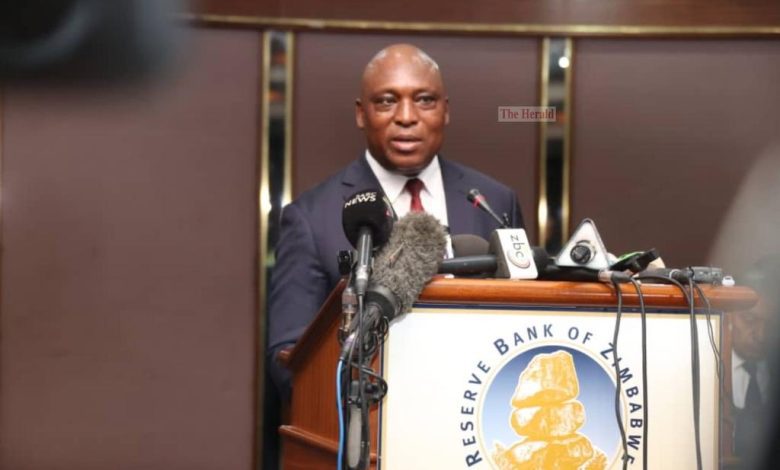New framework to attract IFS gazetted
Government has launched a new regulatory framework aimed at establishing the country as a regional hub for international financial services.
The Banking (International Financial Services Centre) Regulations, 2025 (SI29 of 2025), gazetted this week, outline provisions for the establishment, licensing and operation of an International Financial Services Centre (IFSC) under the supervision of the Reserve Bank of Zimbabwe (RBZ).
According to the statutory instrument: “The objective is to promote Zimbabwe as a regional centre for international financial services by providing a conducive regulatory environment, attractive tax incentives and streamlined licensing processes.”
The regulations are designed to attract financial institutions, fund managers, investment companies, insurance firms and other entities seeking to operate within the IFSC framework.
The framework outlines various benefits for entities operating under the IFSC, including reduced tax rates, exemption from certain duties, and flexible operational requirements aimed at enhancing the ease of doing business.
“Entities licensed under these regulations shall be entitled to tax benefits as prescribed under the Income Tax Act and other applicable legislation,” the statutory instrument states.
The government’s ambitions to establish itself as a financial hub are not new. However, previous attempts to attract international capital have been hampered by inconsistent policies, political risk and economic instability.
This time, the government is banking on the comprehensive nature of the IFSC regulations to provide a more predictable and attractive environment.
“The introduction of the International Financial Services Centre is a bold step in the right direction,” says John Masuku, a Harare-based economist.
“However, the government must ensure that it consistently applies these regulations and builds investor confidence over time. Without political and economic stability, these incentives will remain unappealing to serious investors.”
Under the regulations, the RBZ is the principal regulatory authority, with power to issue licences, monitor compliance, and enforce rules.
The statutory instrument emphasised, “Efficient and transparent regulatory processes, with provisions for resolving disputes through arbitration mechanisms that are expeditious and cost-effective.”
Some analysts view the new framework as a step forward, but caution that the country’s broader economic environment remains a significant hurdle.
“The incentives on paper look attractive, particularly the tax exemptions and streamlined processes,” notes Tariro Dube, a financial analyst with African Markets Insight. However, Zimbabwe needs to address fundamental issues such as currency instability and inconsistent policy implementation. Investors need to trust that the rules of the game will not change overnight.”
Despite the scepticism, others argue that the regulations could attract niche players in sectors like fintech and specialised financial services.
“There’s potential for Zimbabwe to attract companies looking for untapped markets,” says James Nkomo, a regional investment consultant. “But the authorities must follow through on promises of regulatory consistency and operational transparency.”
The success of the IFSC will largely depend on the government’s ability to foster a stable economic environment and build credibility with international investors. With the RBZ at the helm, much will also rest on the central bank’s capacity to enforce compliance and resolve disputes impartially. “Ultimately, this framework will rise or fall based on implementation,” says Masuku. “Investors are looking for certainty, not just attractive incentives.”
The Banking (International Financial Services Centre) Regulations, 2025, provide a detailed blueprint for the establishment and operation of international financial entities in Zimbabwe. Whether it will achieve its objectives remains to be seen, but the government appears committed to pushing the initiative forward.-ebsinessweel











